The price of a dash cam for your car can range from $50 for a basic, entry-level model to over $500 for a premium, feature-rich system. Most consumers find the best value in mid-range dash cams, which typically cost between $150 and $250 and offer an excellent balance of high-definition video quality, reliability, and essential smart features like parking monitoring and GPS.

Table of Contents
What is the Average Price Range for a Dash Cam?
Understanding the cost of a dash cam requires looking at the market in tiers. Each price bracket offers a different level of performance, reliability, and functionality. Your specific needs and budget will determine which category is the right fit for your vehicle.
Here is a breakdown of what you can generally expect at different price points:
| Price Tier | Typical Cost | Key Features & Characteristics |
|---|---|---|
| Budget / Entry-Level | $50 - $100 | Basic 1080p (Full HD) recording, front-facing camera only, loop recording, and a G-sensor for impact detection. Video quality may be lower in low-light conditions. |
| Mid-Range | $100 - $250 | Superior 1080p, 2K, or even entry 4K resolution. Often includes front and rear cameras, built-in Wi-Fi for app connectivity, GPS for location/speed tracking, and basic parking mode. |
| Premium / High-End | $250 - $500+ | Top-tier 4K resolution on the front camera, multi-channel recording (front, rear, interior), advanced driver-assistance systems (ADAS), intelligent AI-powered parking surveillance, cloud connectivity, and superior sensor quality for exceptional night vision. |
While an entry-level camera provides a basic safety net, the majority of drivers benefit most from the mid-range tier. This category delivers clear, reliable footage and features that significantly enhance a vehicle's security without the highest price tag.
What Key Factors Determine the Cost of a Dash Cam?
The price tag on a dash cam isn't arbitrary. It's a direct reflection of the technology inside and the capabilities it offers. From the clarity of the image sensor to the number of cameras included, several critical factors influence the final cost.
How Does Video Resolution Impact the Price?
Video resolution is one of the most significant cost drivers. Higher resolution means more pixels, resulting in a sharper, more detailed image. This is crucial for capturing critical details like license plate numbers, road signs, and facial features, especially from a distance or in challenging lighting.
- 1080p (Full HD): This is the standard for most budget and mid-range dash cams. It offers sufficient clarity for general recording and identifying events immediately in front of the car.
- 1440p (2K/QHD): A noticeable step up from 1080p, 2K resolution provides greater detail and allows for more effective digital zooming on recorded footage without significant quality loss.
- 2160p (4K UHD): Found in premium models, 4K offers four times the pixels of 1080p, delivering the clearest and most detailed video possible. Advanced dash cams, such as the Botslab G980H 4K Dash Cam, utilize this technology to ensure that no critical detail is missed, day or night. This superior clarity comes at a higher cost due to the more powerful image sensors and processors required.

Why Do Multi-Channel Systems Cost More?
The number of "channels," or cameras, a system includes directly affects its price. More cameras provide more comprehensive coverage around your vehicle.
- Single-Channel (Front-Only): The most affordable option, this setup records the view through the front windshield. It's effective for capturing events happening in front of you.
- Dual-Channel (Front and Rear): A very popular configuration that adds a second camera to record the view behind the vehicle. This is invaluable for documenting rear-end collisions.
- Triple-Channel (Front, Rear, and Interior): This setup includes a third camera that records the inside of the vehicle's cabin. It is ideal for rideshare drivers or parents who want to monitor passengers. The added hardware and processing power needed for three simultaneous recordings increase the overall cost.
Which Advanced Features Add to the Cost?
Beyond video, modern dash cams are packed with smart technology that enhances safety and convenience. Each additional feature contributes to the price.
- GPS Logging: An integrated GPS module geotags your video footage with location and speed data. This can serve as crucial evidence in a dispute.
- Wi-Fi and App Connectivity: This allows you to connect the dash cam to your smartphone to easily view, download, and share footage without needing to remove the memory card.
- Parking Mode: A critical security feature. When the car is parked, the dash cam enters a low-power state and will automatically start recording if its G-sensor detects an impact (like a bump or hit-and-run). More advanced systems, often found in premium models from brands like Botslab, use AI-powered surveillance to detect motion and provide 24/7 protection, which requires a more sophisticated hardware setup.
- Advanced Driver-Assistance Systems (ADAS): This feature uses the camera to provide alerts for things like lane departure, forward collision warnings, and front vehicle movement, adding a layer of active safety.
Does Brand Reputation Affect the Price?
Yes, brand reputation plays a role. Established brands with a history of producing reliable, high-quality products often have a higher price point. This premium is for better build quality, more rigorous testing, superior customer support, and more stable firmware. Investing in a reputable brand ensures the device will work reliably when you need it most.
Are There Hidden Costs to Consider Beyond the Purchase Price?
The initial purchase of the dash cam is not always the final expense. To get the most out of your device, you may need to invest in additional accessories and services. Factoring these into your budget is essential for a complete picture of the total cost.
What Type of Memory Card Do I Need and How Much Does It Cost?
A dash cam is useless without a memory card to store its recordings. Most dash cams do not include one. You will need a high-endurance microSD card specifically designed for the constant rewriting and overwriting that occurs in a dash cam. Standard microSD cards can fail quickly under these conditions.
The cost varies by capacity, typically from $15 for a 32GB card to $50 or more for a 256GB card. A 4K dash cam requires a larger, faster card (U3/V30 rating) to handle the massive data stream, which will be at the higher end of this price range.
How Much Is Professional Dash Cam Installation?
You can install a dash cam yourself using the included 12V power adapter, but this often leaves wires dangling across the dashboard. For a clean, professional look where wires are hidden behind the car's trim, professional installation is the best option.
Professional installation services from electronics retailers or auto shops typically cost between $50 and $150, depending on the complexity of the vehicle and whether you are hardwiring the device for parking mode.
Do I Need a Hardwiring Kit for Parking Mode?
To use parking mode, the dash cam needs a constant source of power. A hardwiring kit connects the camera directly to your car's fuse box. This allows it to draw power when the ignition is off while also protecting your car's battery from being drained completely.
A hardwiring kit itself usually costs between $20 and $40. If you are having it professionally installed, the cost of the kit is often bundled with the labor fee.
Why Is a More Expensive Dash Cam a Better Investment?
While it can be tempting to choose the cheapest option, investing more in a mid-range or premium dash cam often provides significantly greater value and peace of mind. Higher-priced models are not just about extra features; they represent a fundamental improvement in core performance and reliability.
A more expensive dash cam typically uses a higher-quality image sensor (like Sony STARVIS), which dramatically improves low-light and nighttime video clarity. This can be the difference between capturing a readable license plate in the dark and recording a blurry, unusable video. Furthermore, premium devices undergo more extensive quality control, use heat-resistant components like supercapacitors instead of lithium-ion batteries, and receive regular firmware updates to improve performance and fix bugs. These factors ensure the device is dependable and will function correctly during a critical incident.
How Can a Dash Cam Save You Money in the Long Run?
A dash cam is more than just a gadget; it's a financial protection tool. The initial cost can be quickly offset by the money it can save you in various situations.
The most significant saving comes from providing irrefutable video evidence in the event of a car accident. This footage can quickly establish fault, protecting you from wrongful blame and preventing your insurance premiums from increasing. It is also a powerful tool against insurance fraud schemes, such as "crash-for-cash" scams. Some insurance providers even offer a discount on your premium simply for having a dash cam installed. By preventing just one fraudulent claim or one incorrectly assigned-at-fault accident, the device has more than paid for itself.



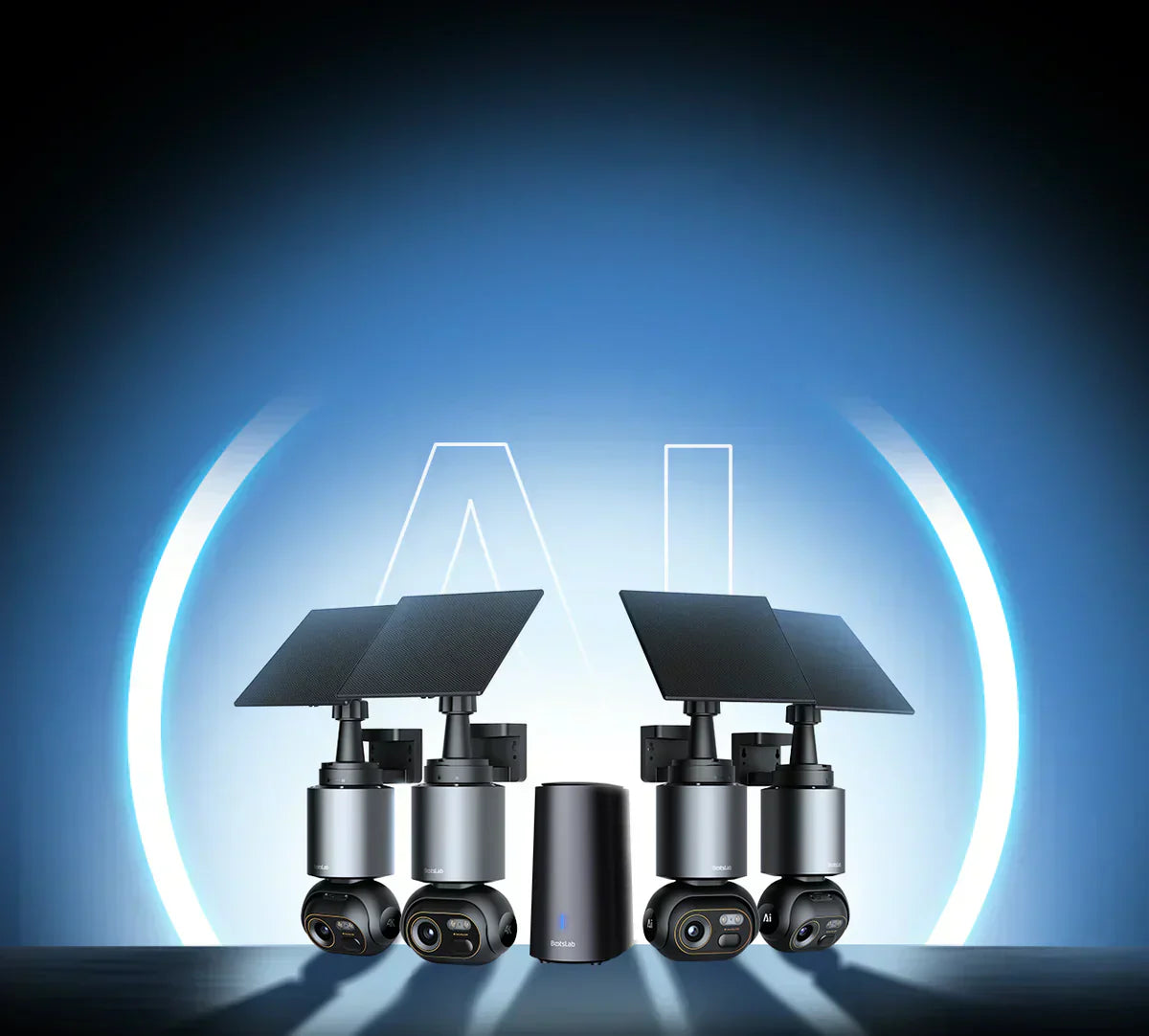
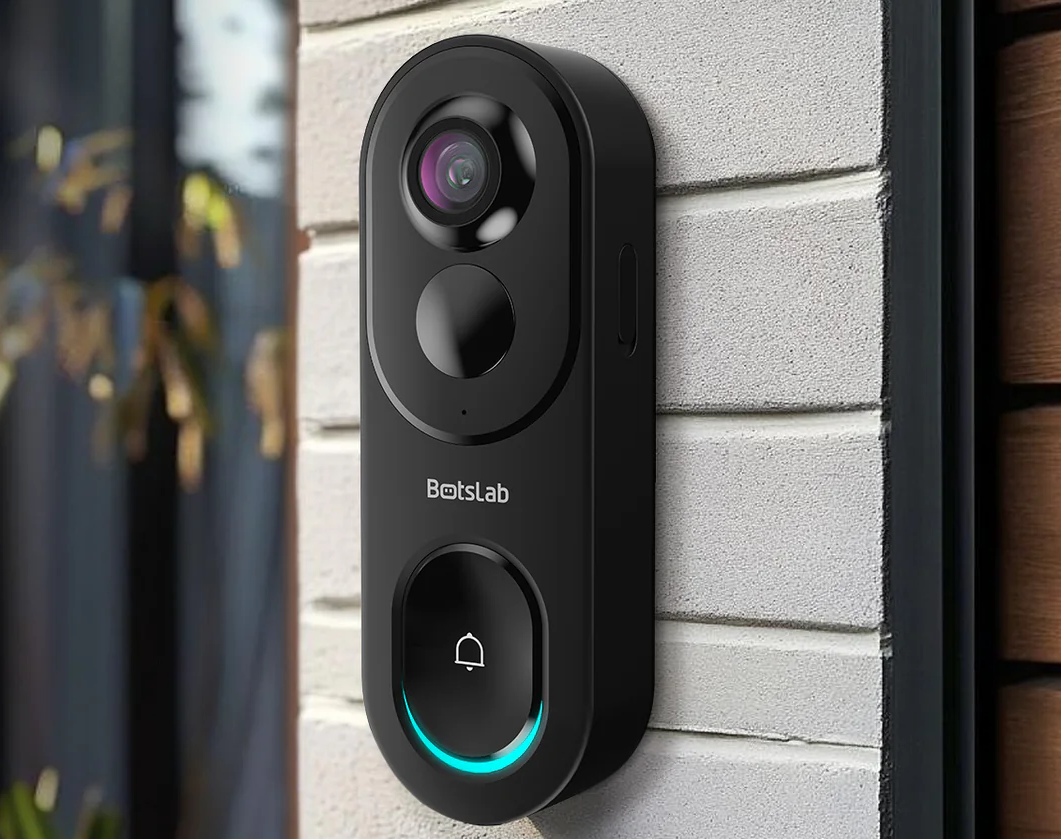
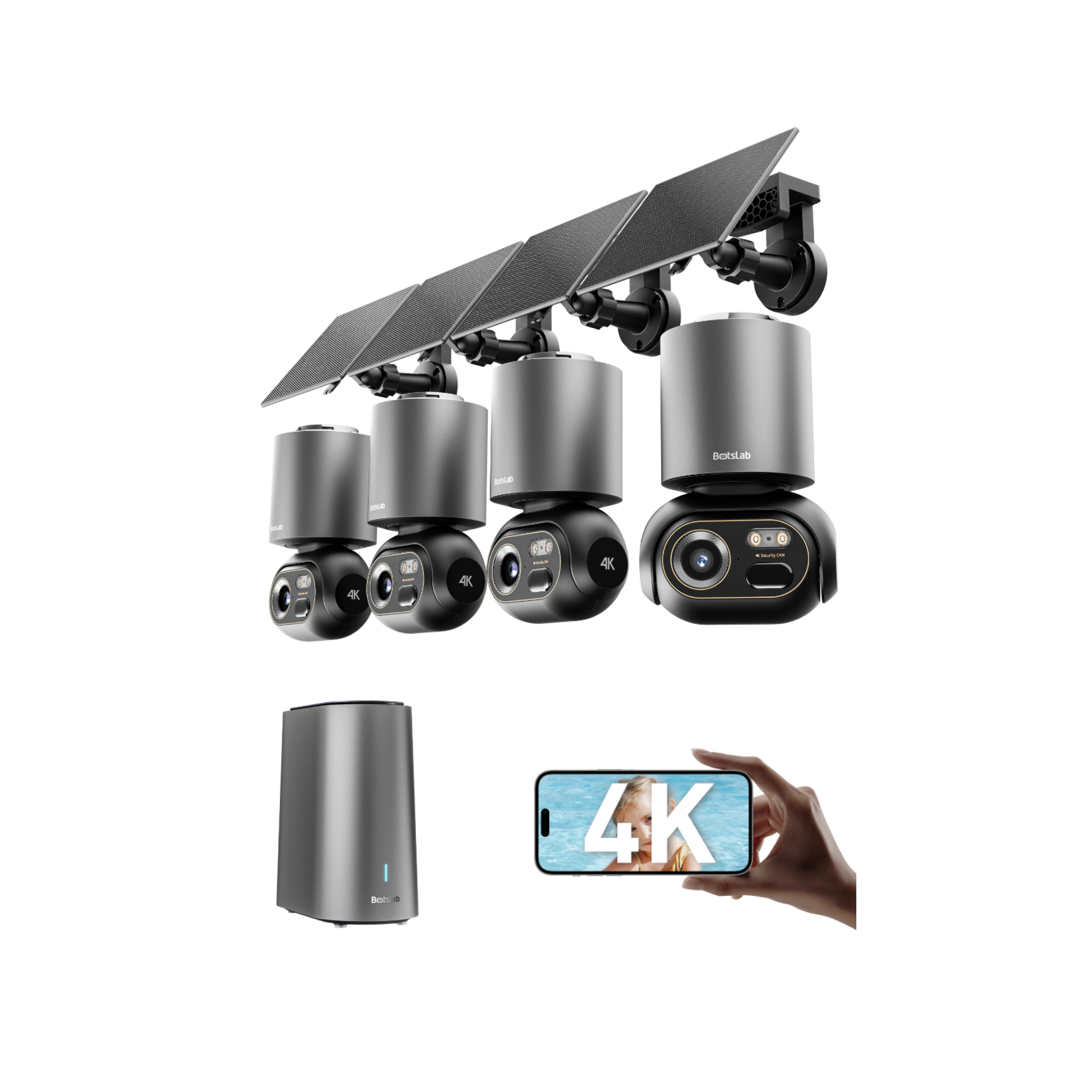
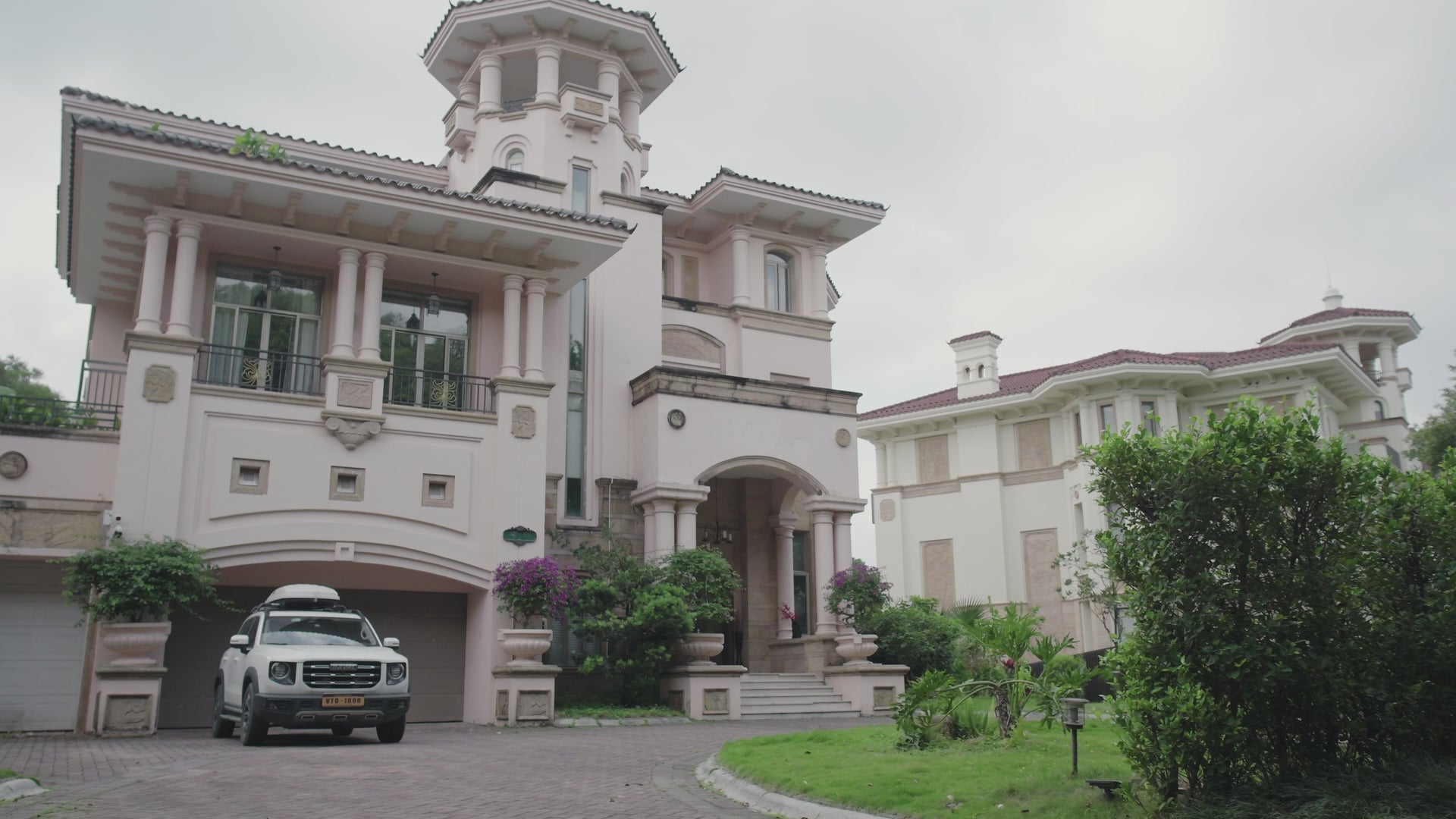
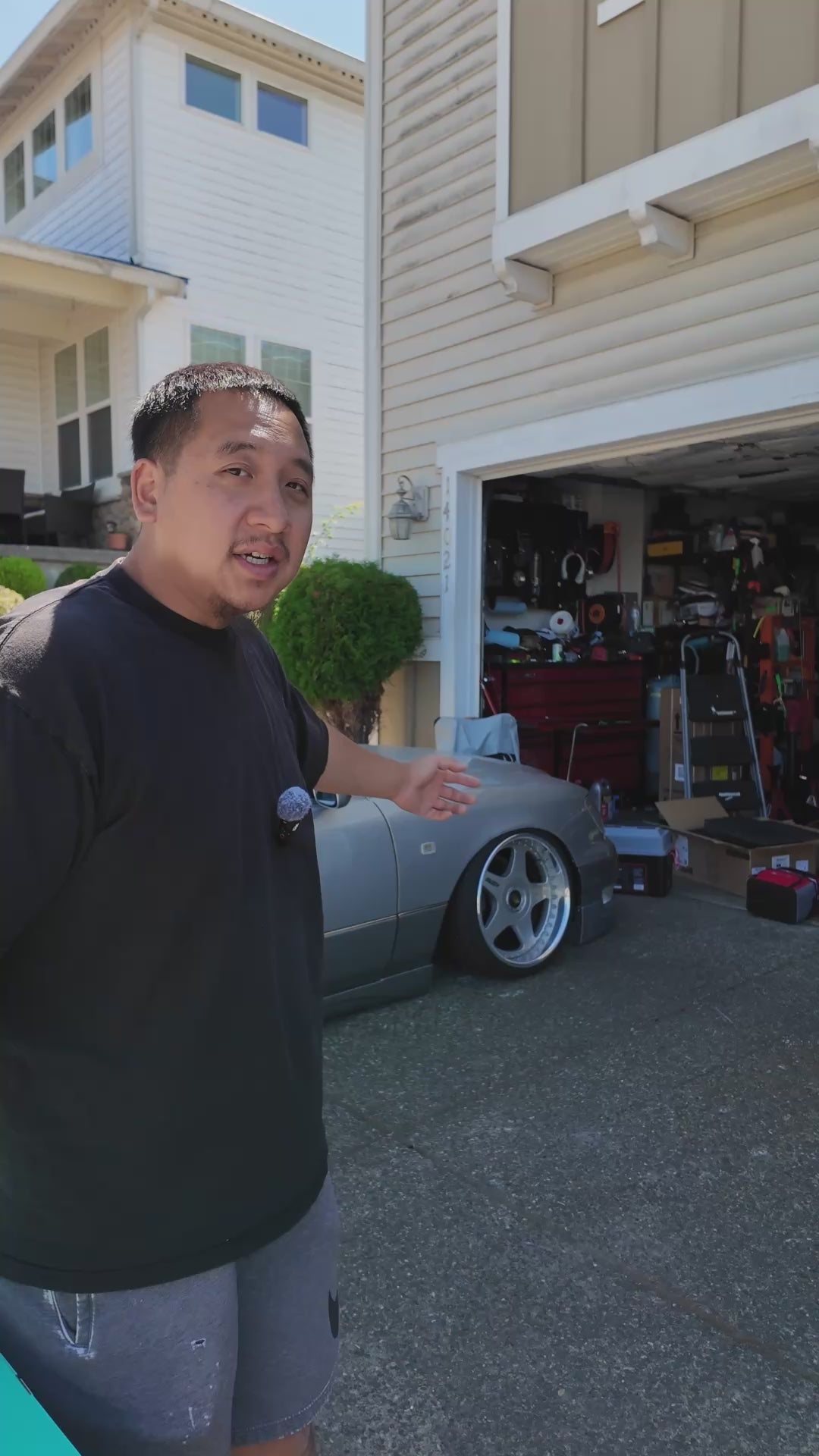
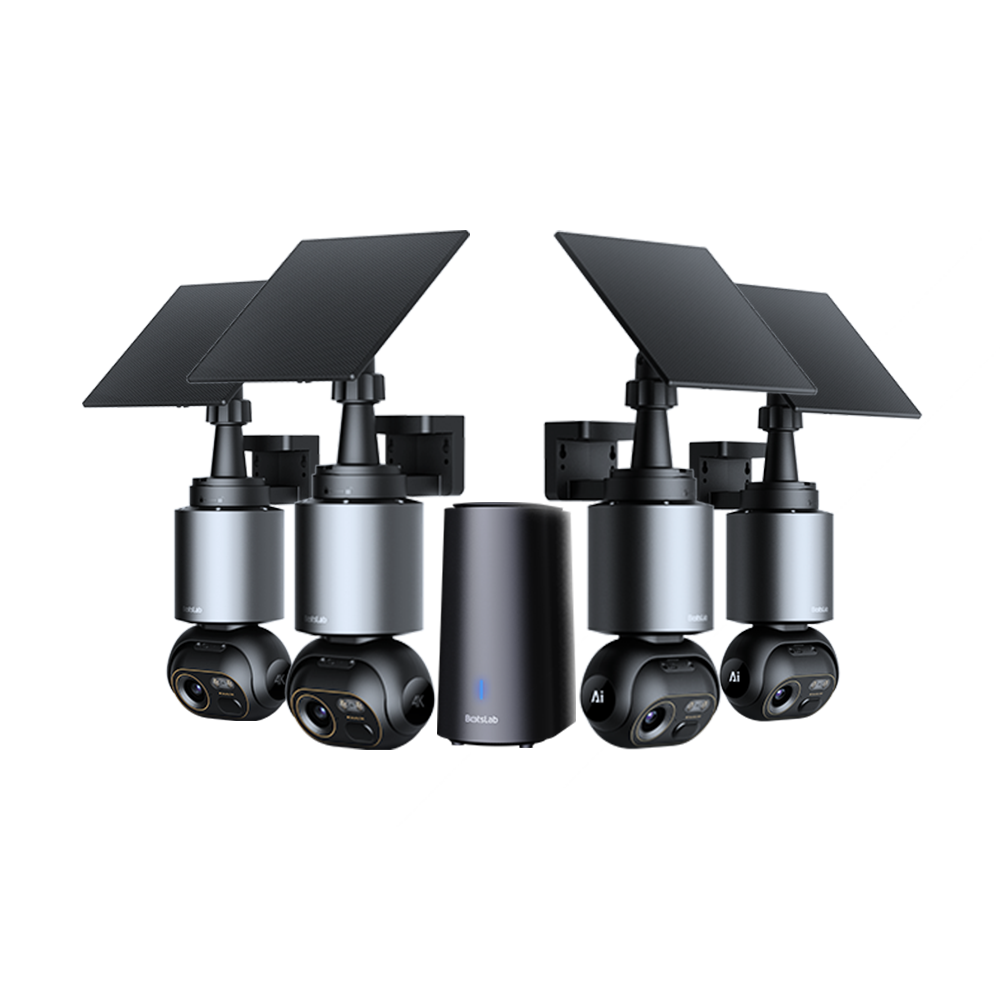
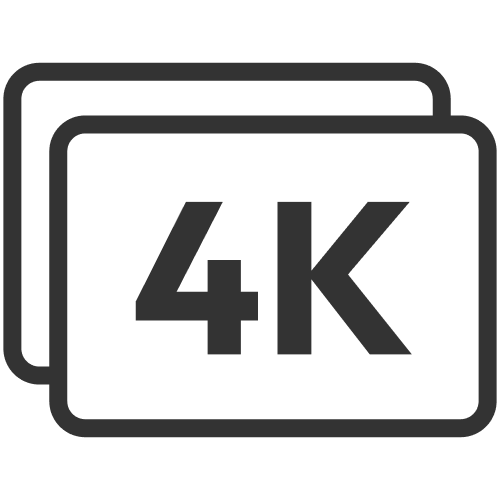

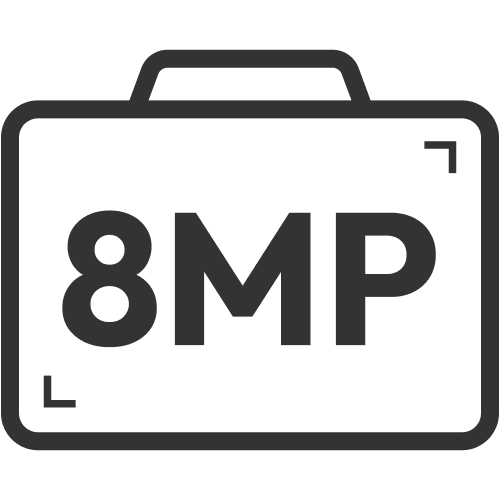

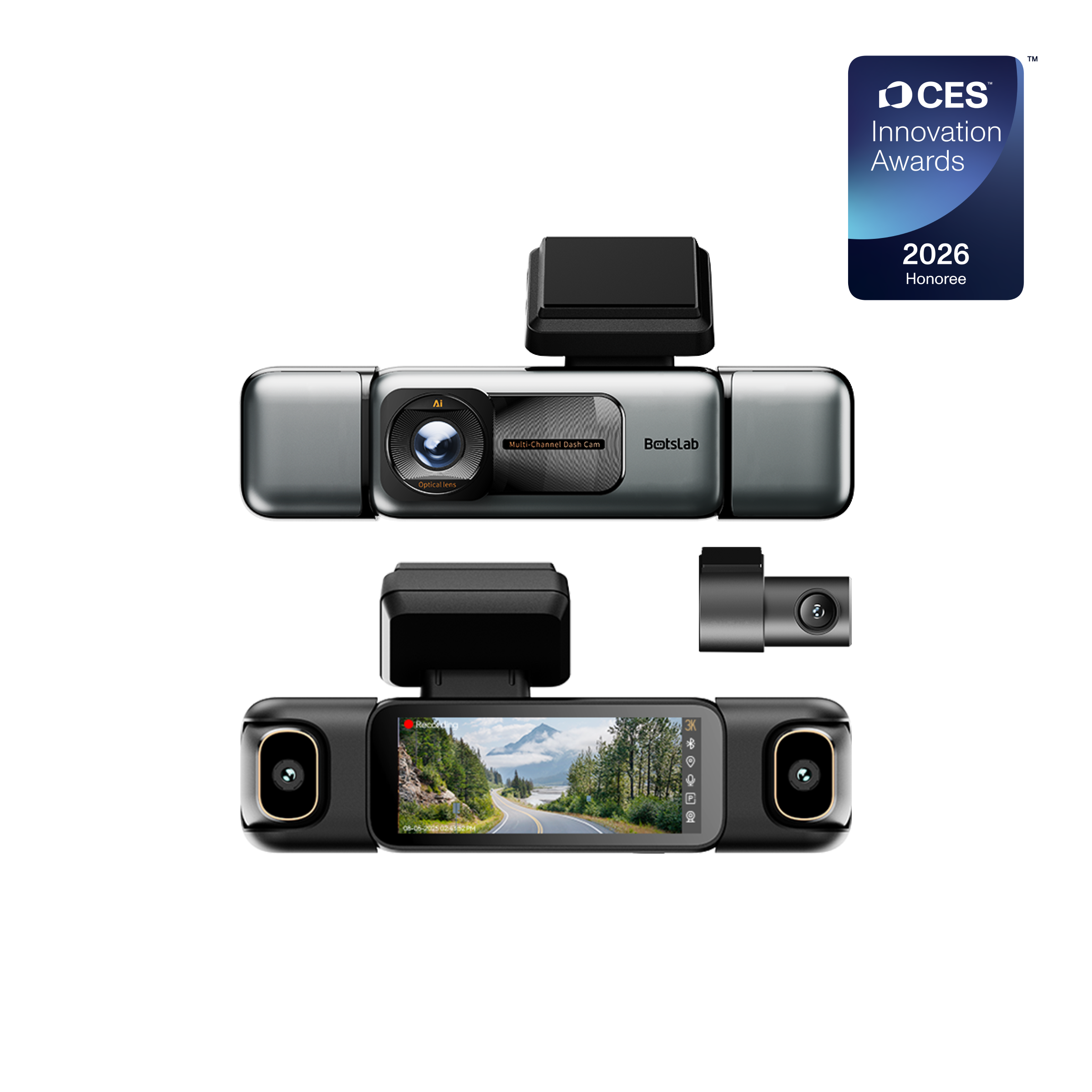
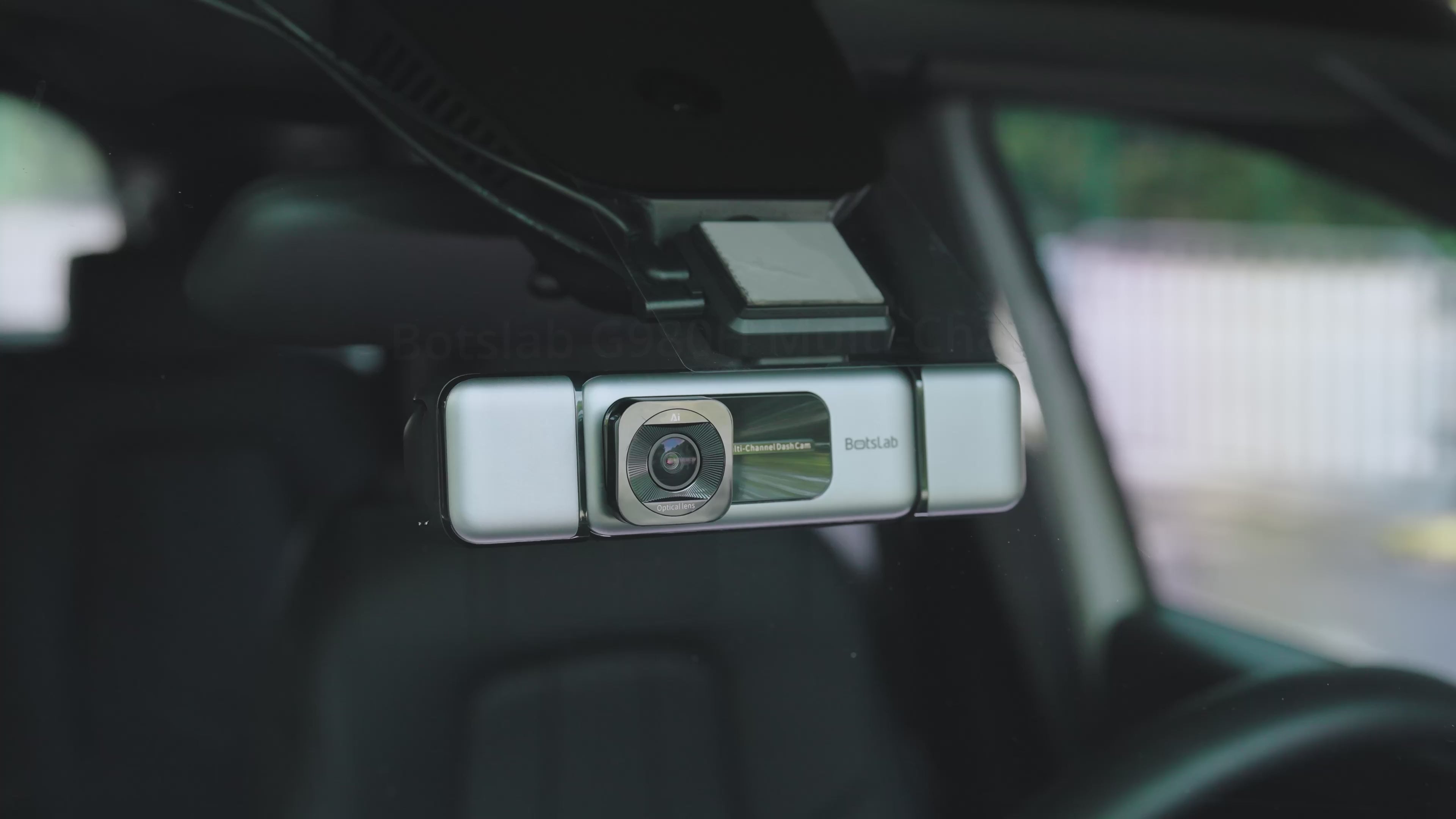
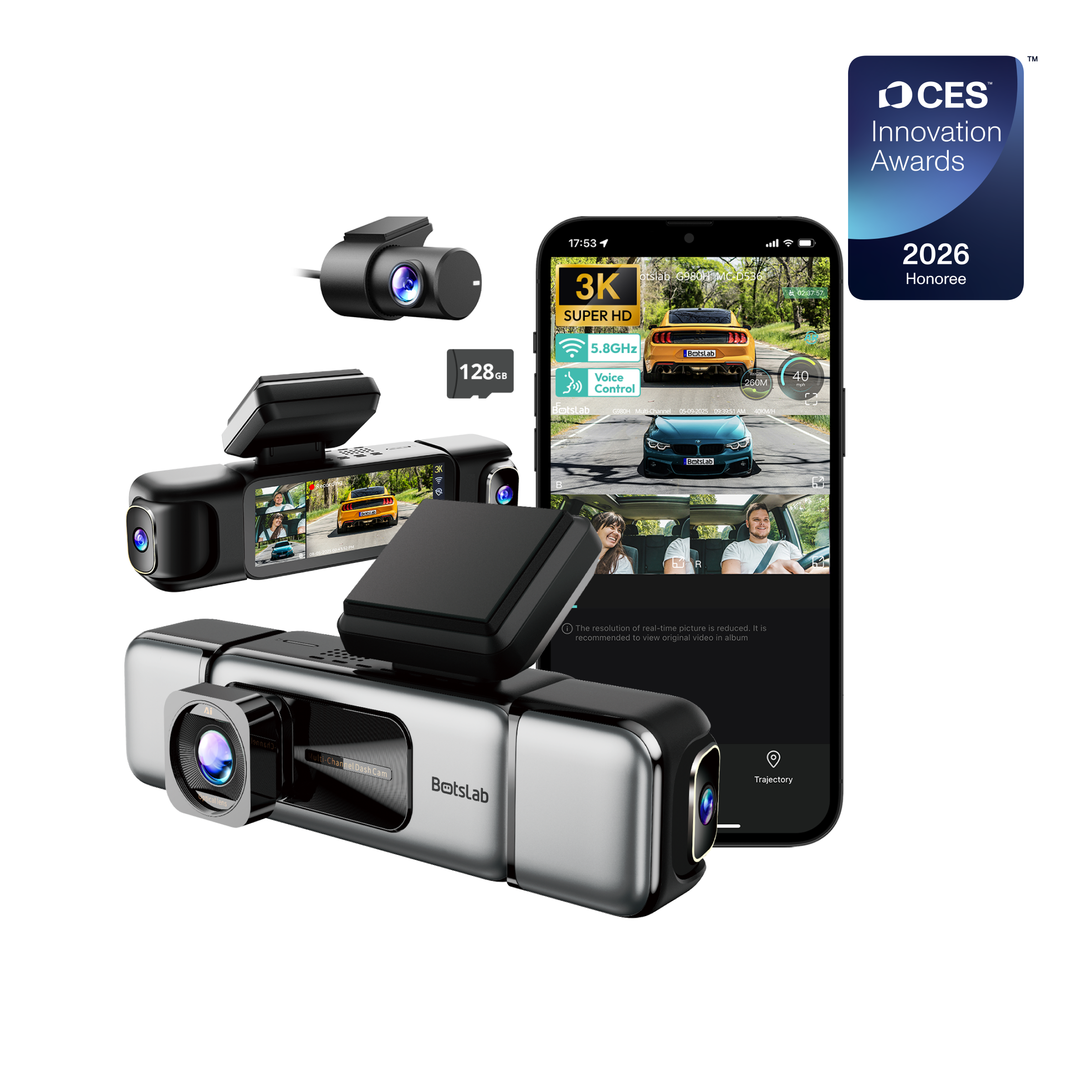
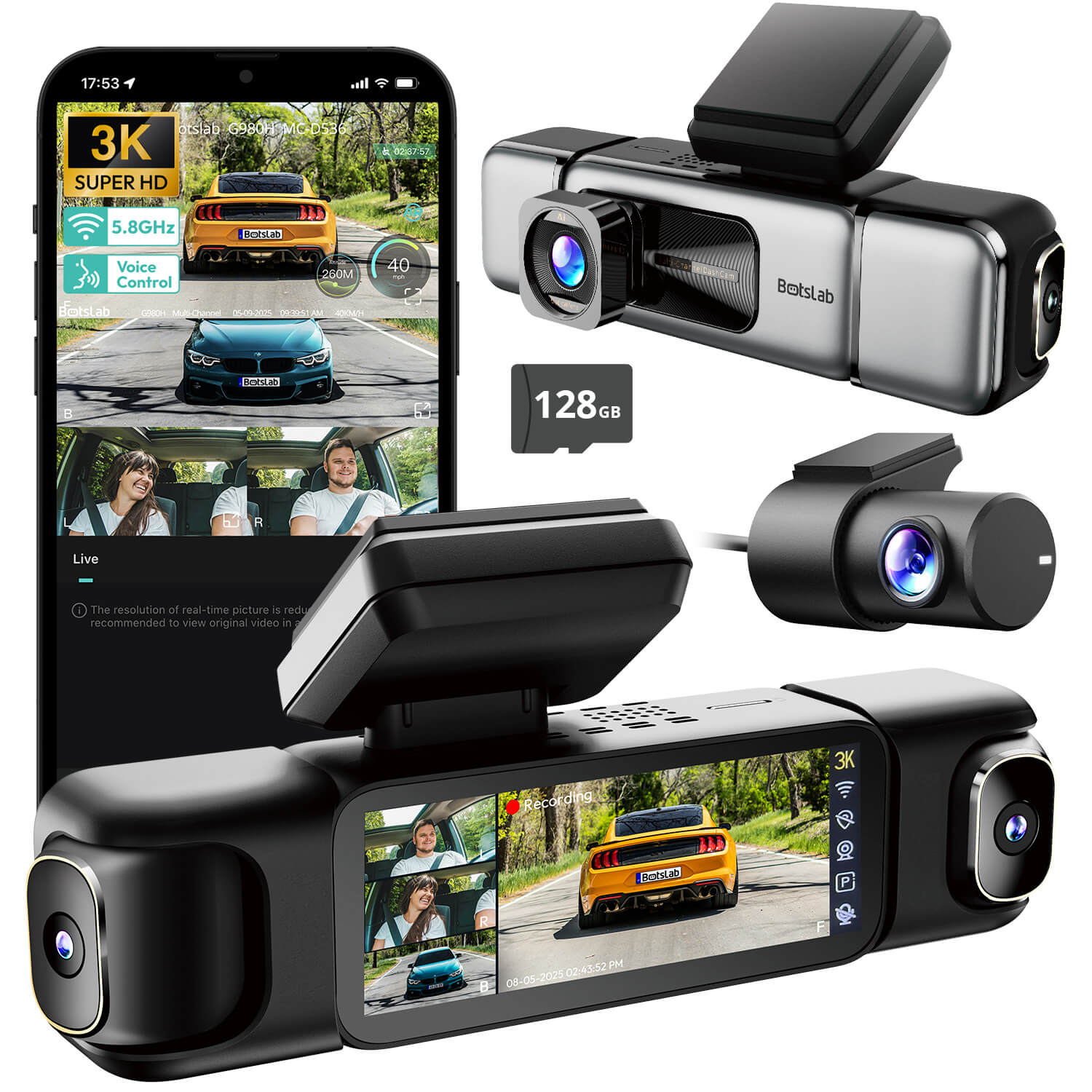
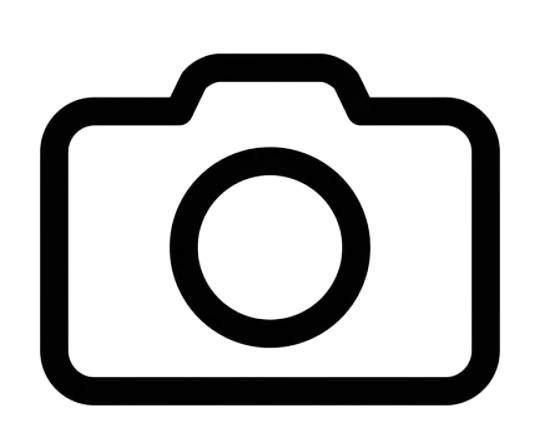

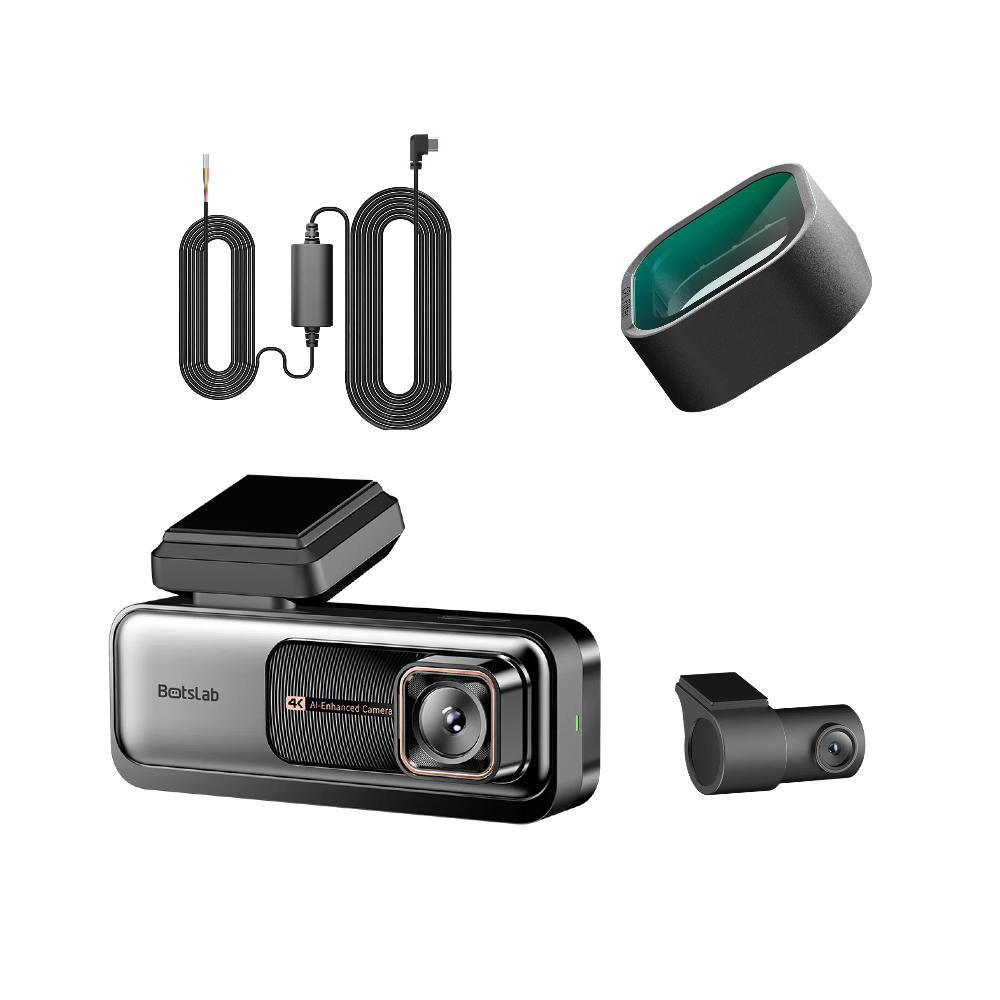
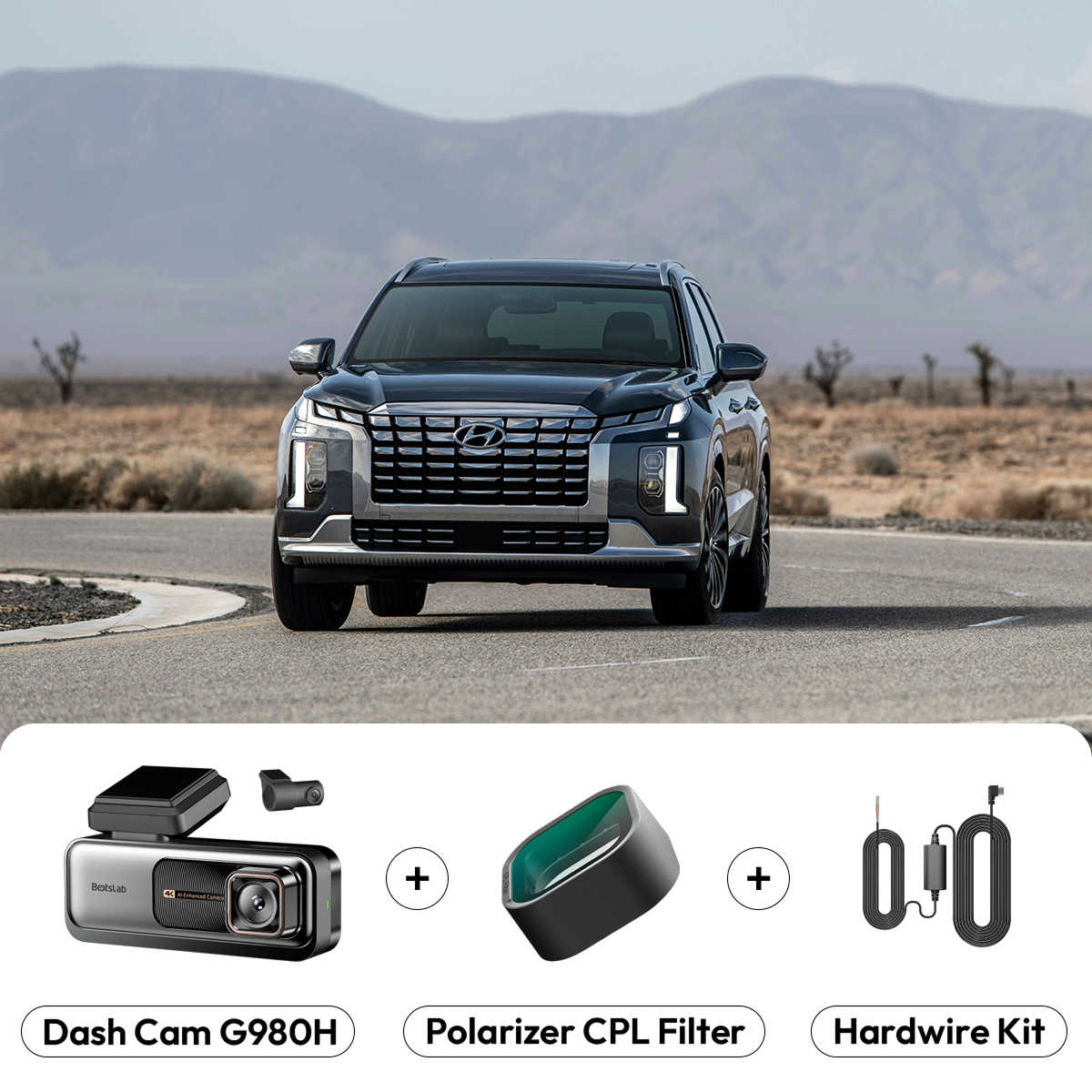

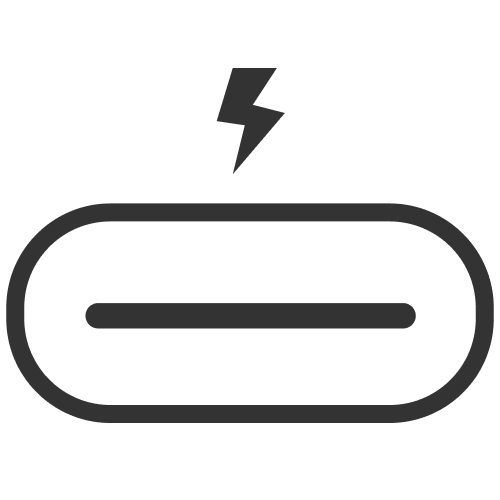
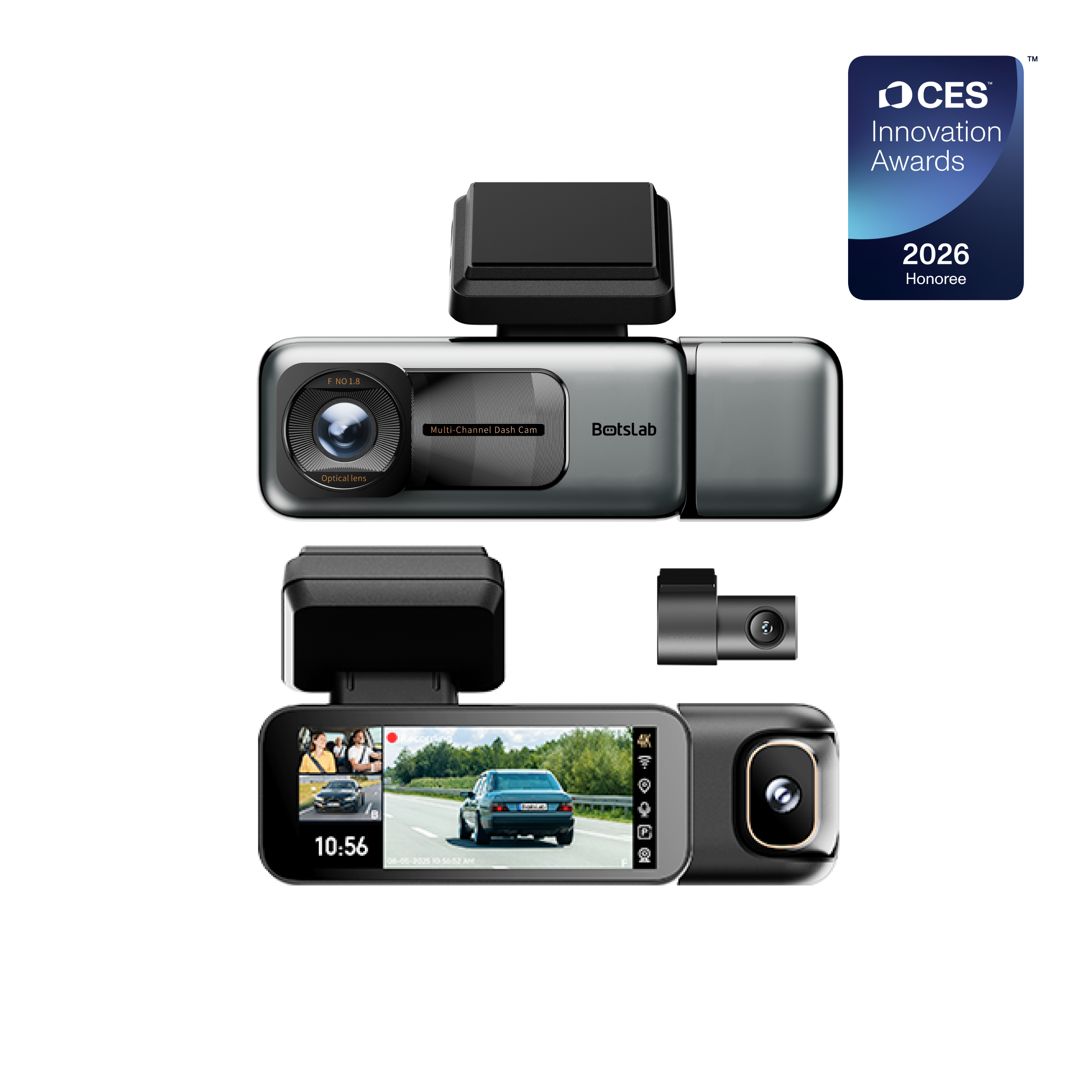
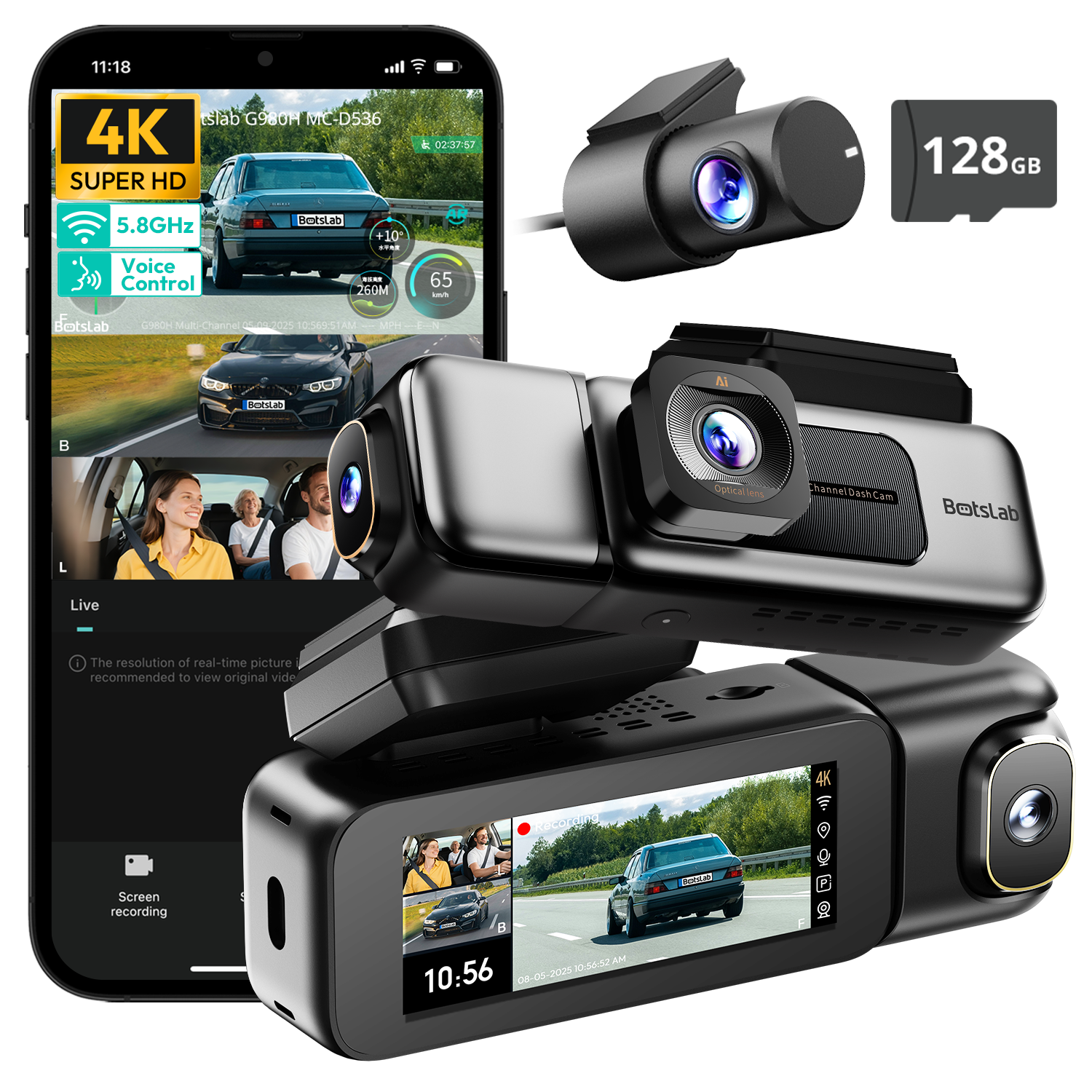
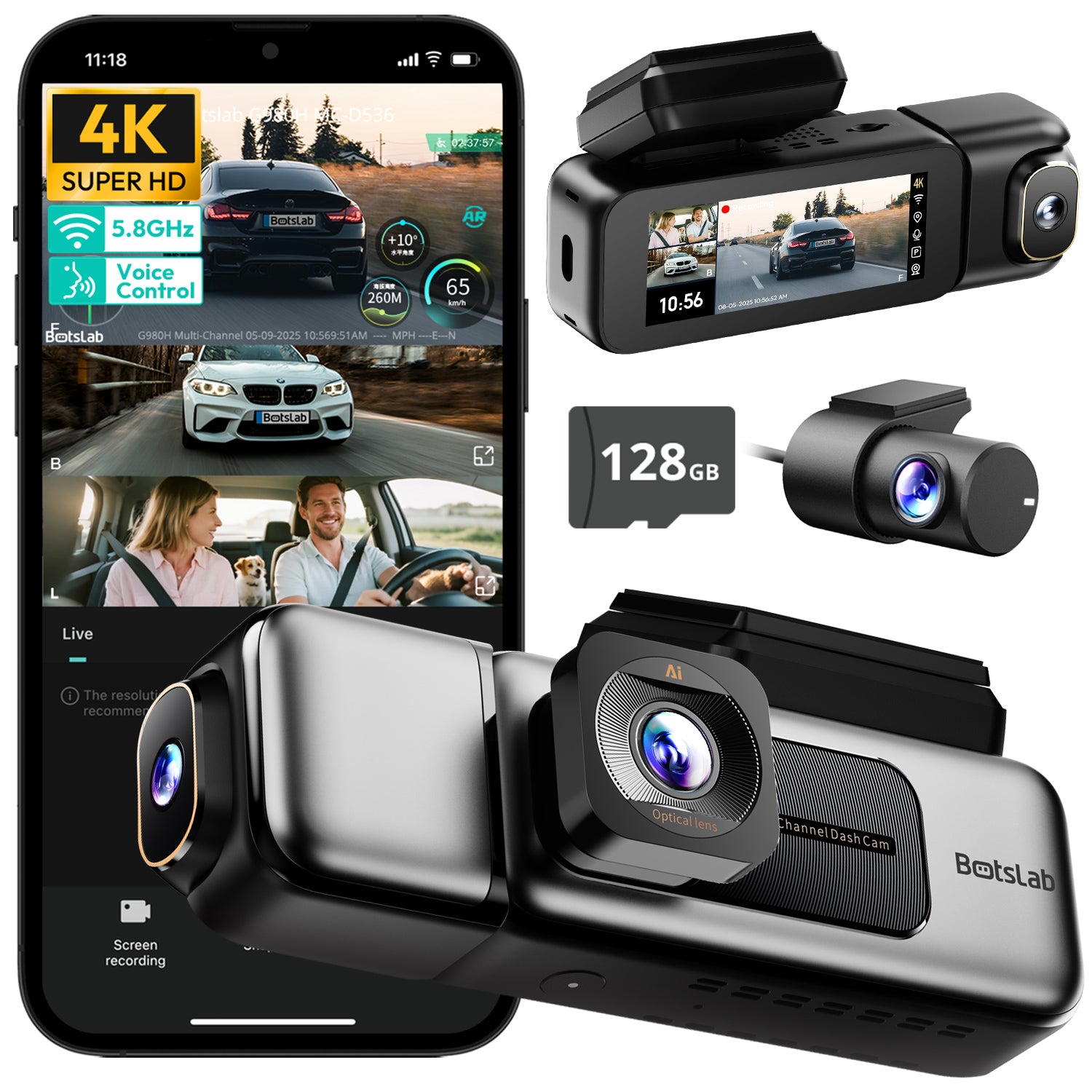
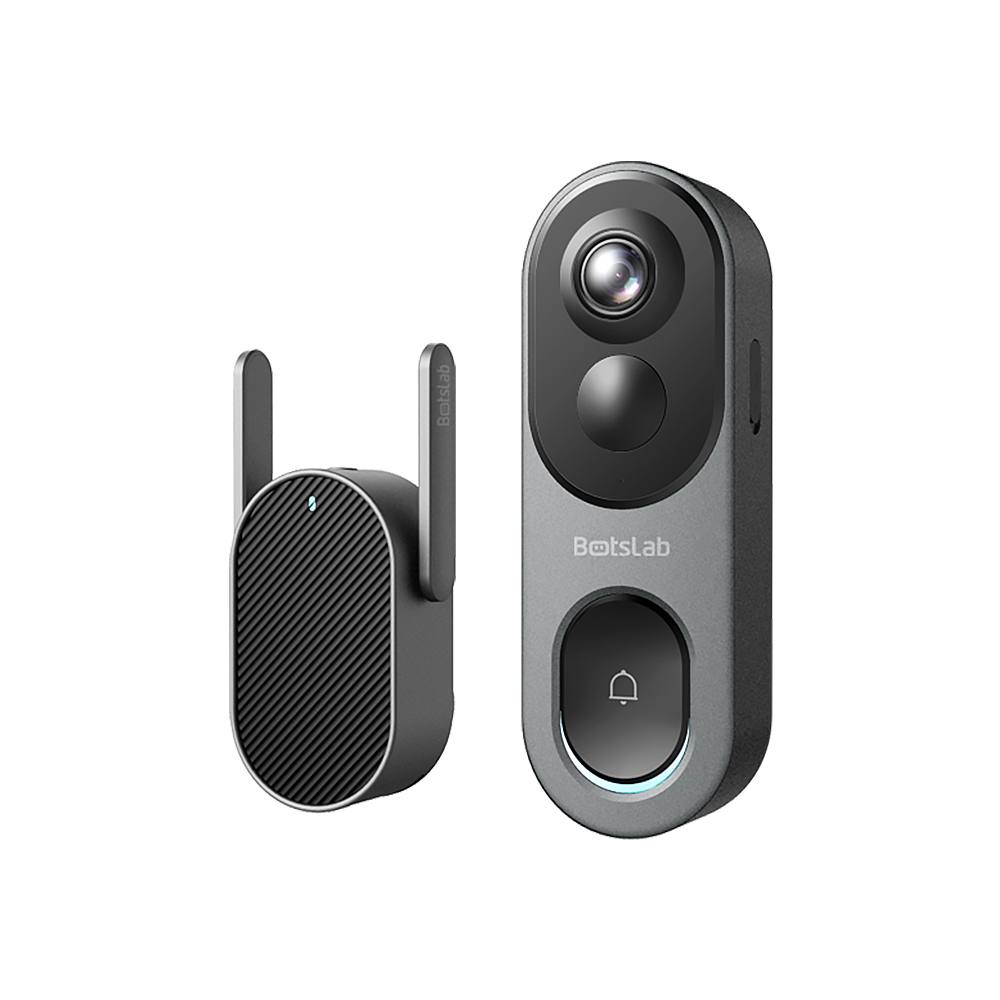
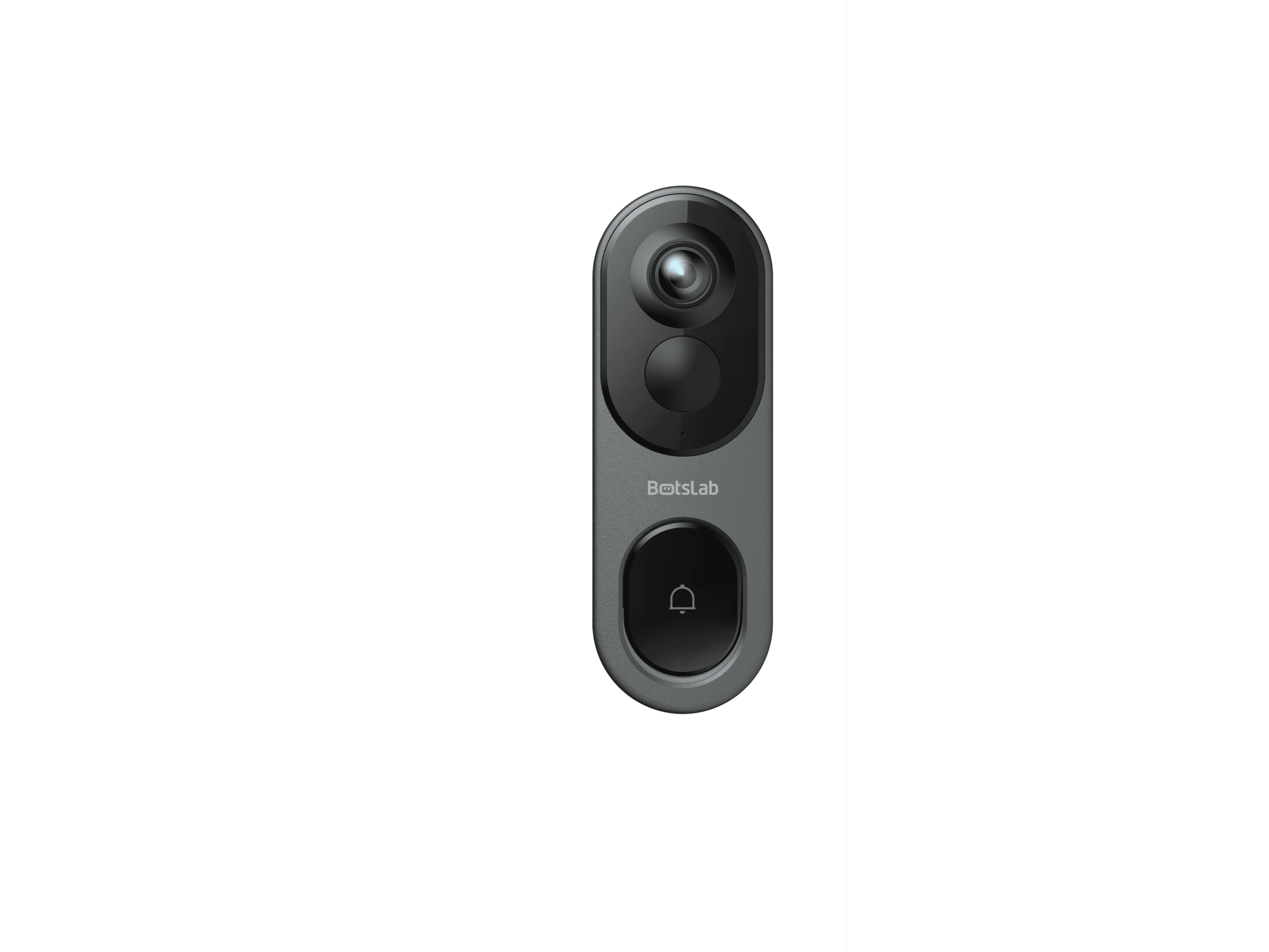
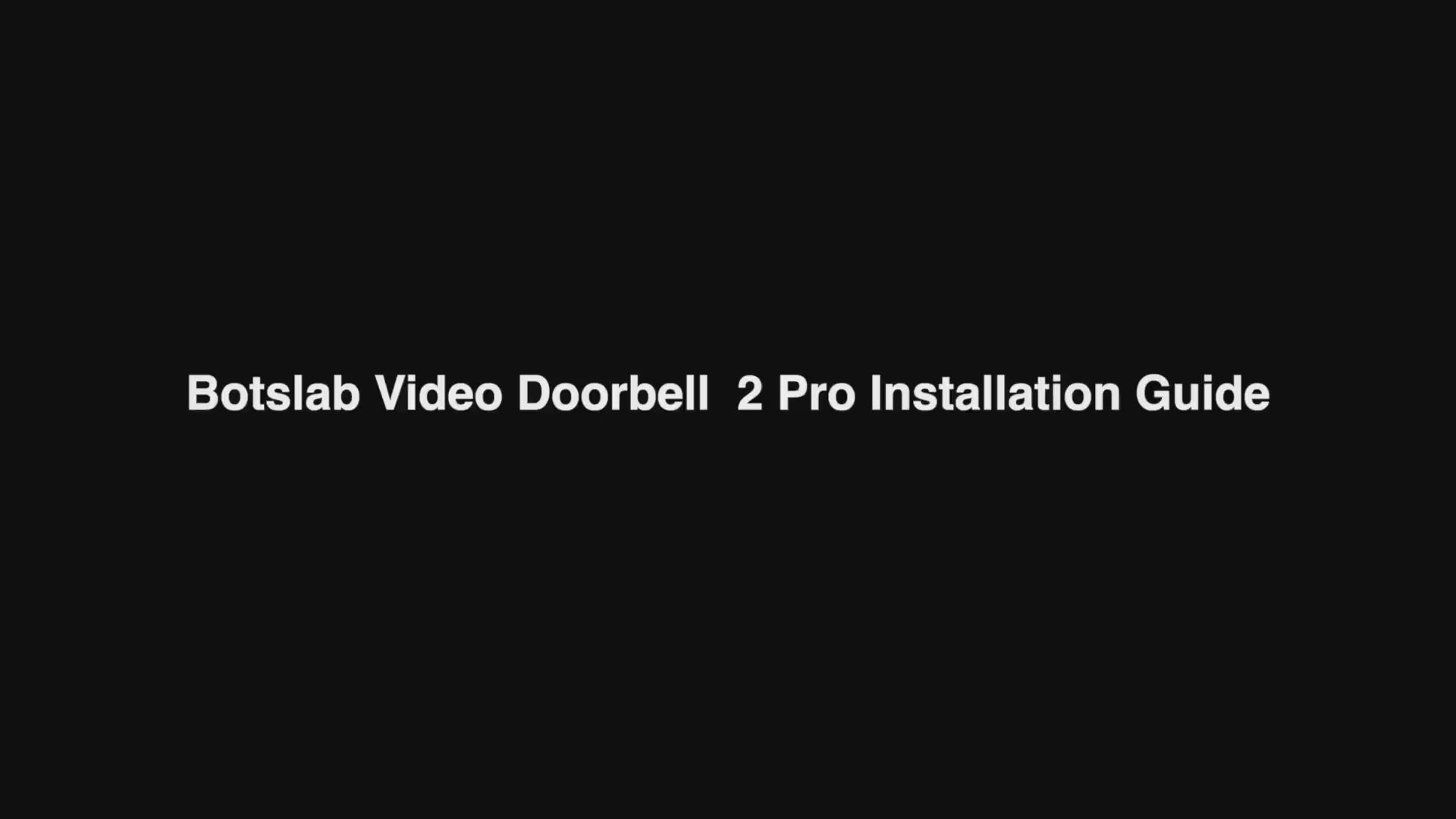
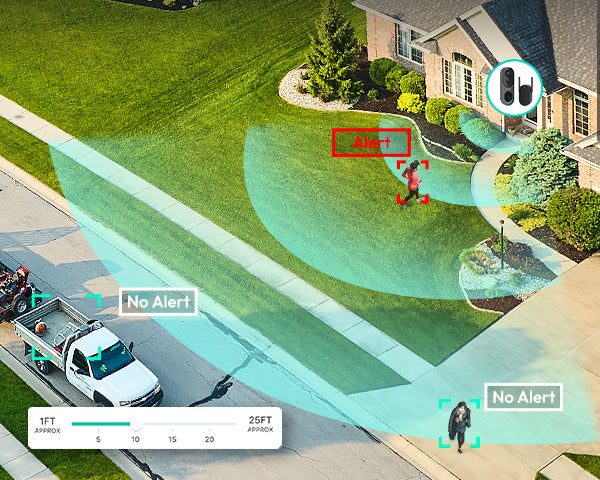
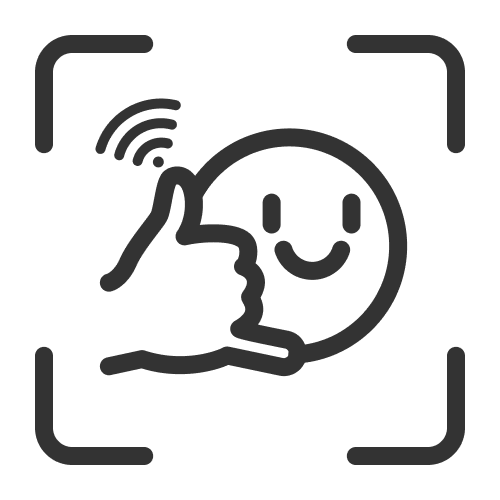

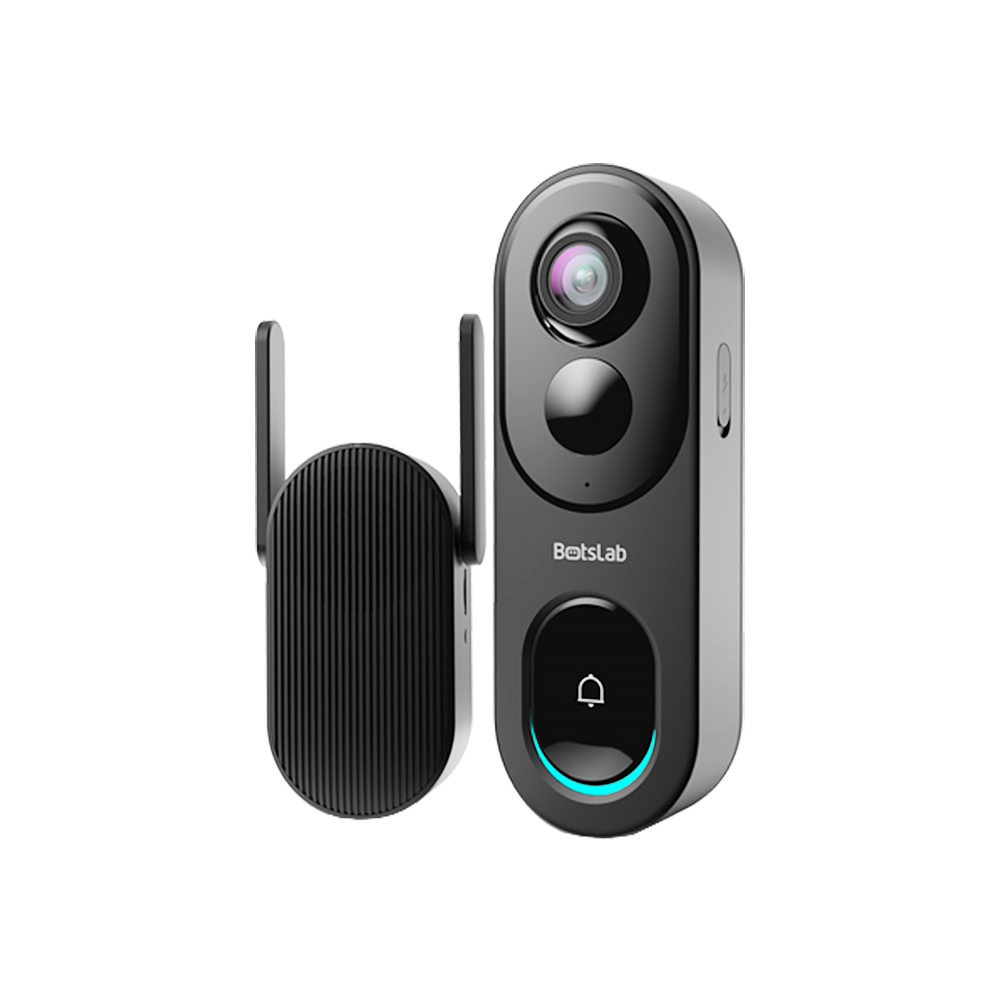
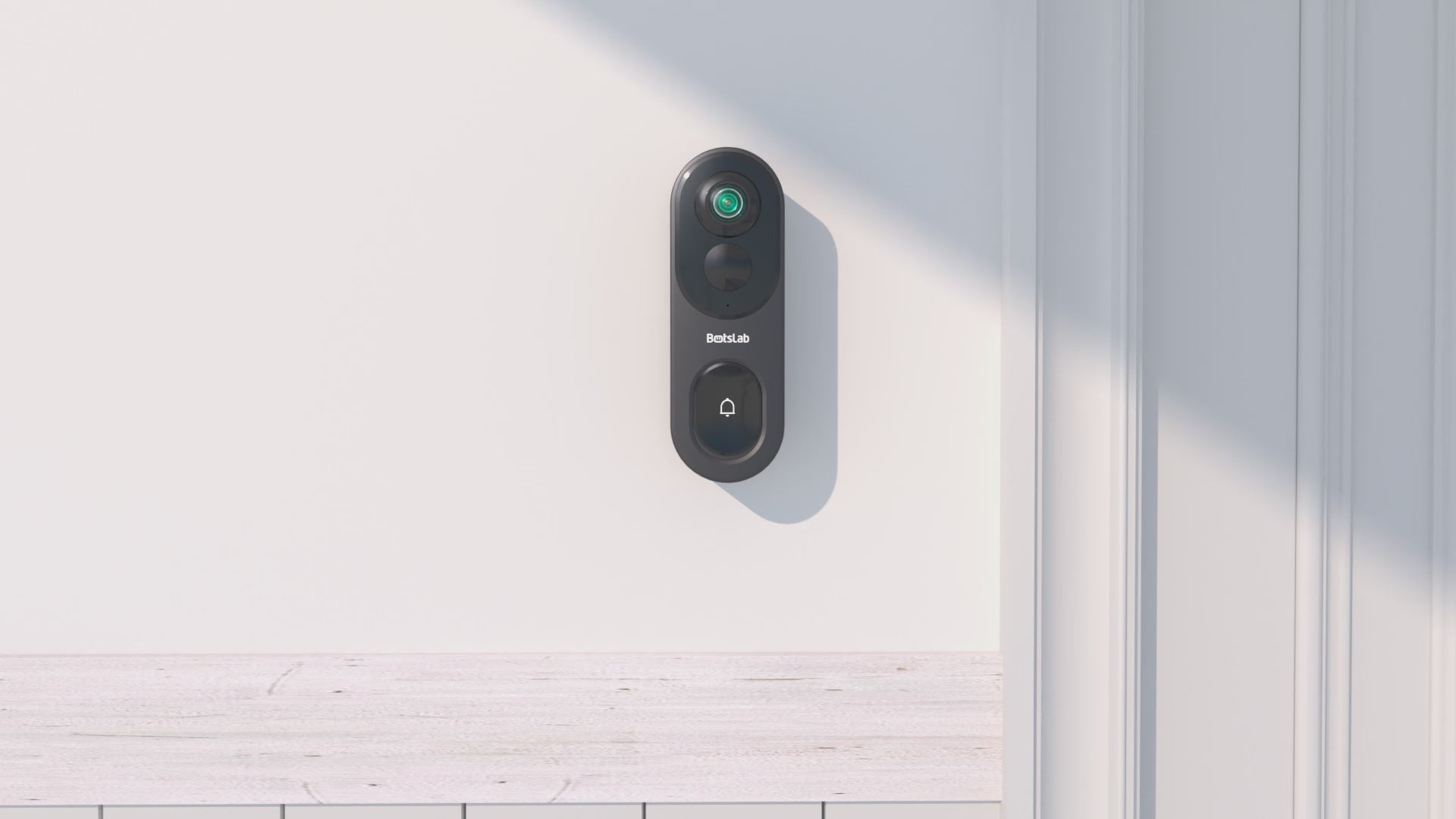
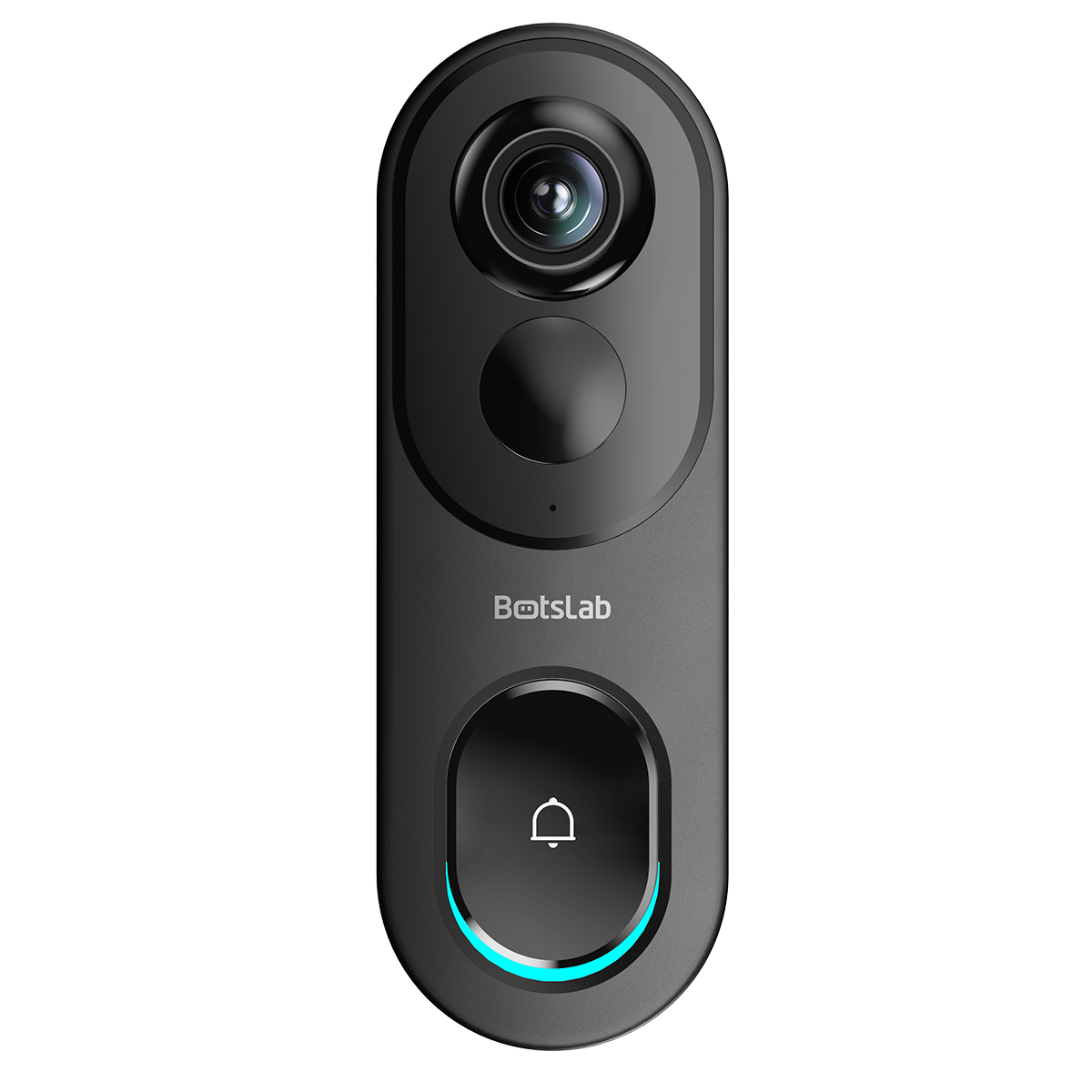

Share:
What is the Best Outdoor Security Camera for Your Home?
Botslab Indoor and Outdoor Camera Reset and Connection Step-by-Step Guide